Indonesia is preparing to use tariffs to protect its textile industry from a wave of imports from China, according to Bloomberg, the latest country to take protectionist measures to deal with the potential trade surplus of the world's largest manufacturing nation.
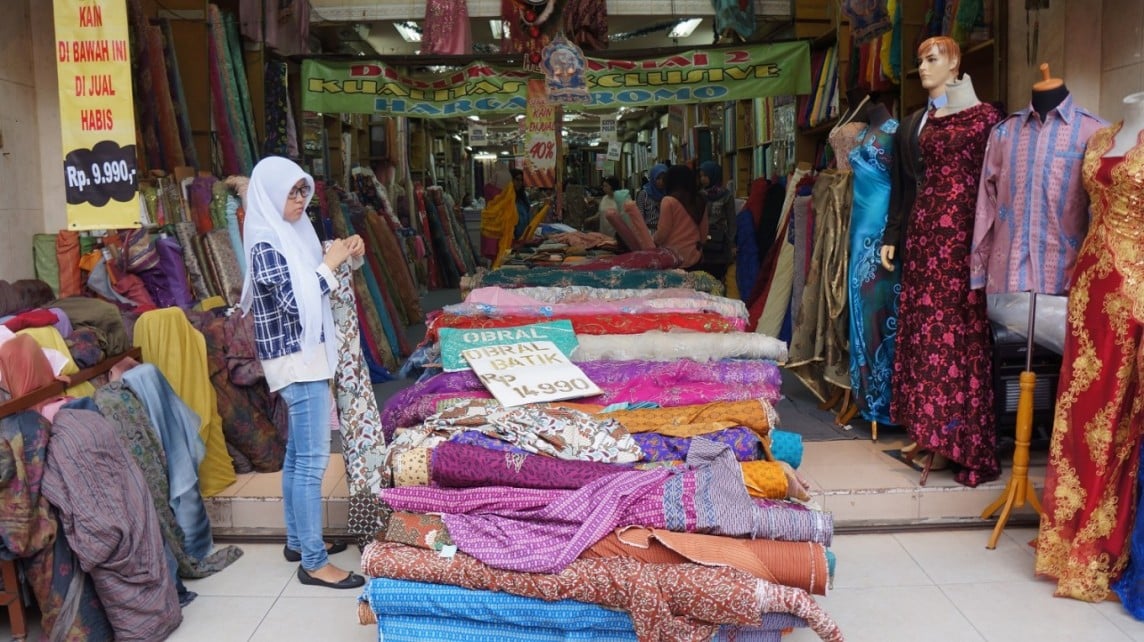 |
| A garment shop in Jakarta, Indonesia. (Photo source: The Jakarta Post) |
Indonesia is known to have imported nearly 29,000 tonnes of woven fabrics made from man-made filaments last year, with a large amount of those goods coming from China.
According to data from the General Administration of Customs of China, the country exported more than 115 thousand tons of products made from synthetic raw fibers to Indonesia from the beginning of the year to May this year. Compared to the same period last year, China exported an additional 40 thousand tons of products to Indonesia. This figure is even double the export figure in the same period in 2021, which was 57 thousand tons.
Earlier this year, Jakarta was forced to lift some import restrictions amid concerns about shortages of consumer goods. But then the president of Indonesia’s textile association accused the new wave of imports from China of hurting the industry’s revenue, and asked the government to step in.
Speaking to Bloomberg, Mr. Budi Santoso, Director General of the Foreign Trade Department, under the Indonesian Ministry of Trade, informed that the country's Trade Protection Committee is trying to investigate the above allegations, and will report to the government to decide on response measures.
Trade Minister Zulkifli Hasan said last Friday that Indonesia could impose tariffs of up to 200% on imports to protect domestic industries from cheap goods from countries like China. A day earlier, a representative of Indonesia's Finance Ministry said the agency was planning to reimpose safeguard tariffs on some foreign fabrics, which had been suspended, in November 2022.
“In fact, we have provided a number of financial measures to protect the textile industry, including safeguard duties and anti-dumping duties for unfair trade practices that are harmful to the textile industry,” Febrio Kacaribu, head of the Finance Ministry’s Financial Policy Agency, told Bloomberg. Kacaribu added that the Finance Ministry would need to discuss any additional import duties with other government agencies.
The move comes as Southeast Asia’s largest economy struggles to balance the need to attract investment from China and ensure a competitive environment for domestic businesses. China is the largest importer and also the largest customer of Indonesia’s exports.
Source: https://congthuong.vn/lo-ngai-hang-hoa-tu-trung-quoc-indonesia-ap-dung-muc-thue-quan-moi-cho-hang-det-may-nhap-khau-329643.html






![[Photo] Binh Trieu 1 Bridge has been completed, raised by 1.1m, and will open to traffic at the end of November.](https://vphoto.vietnam.vn/thumb/1200x675/vietnam/resource/IMAGE/2025/10/2/a6549e2a3b5848a1ba76a1ded6141fae)

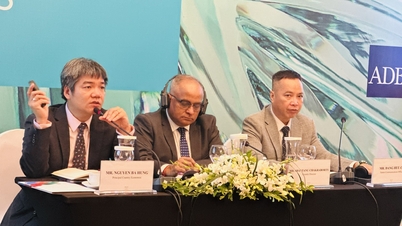










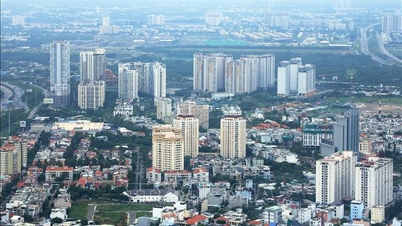
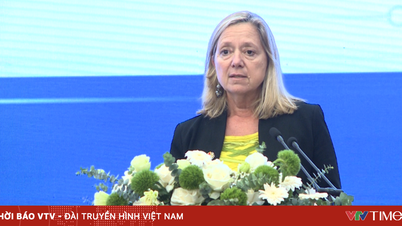

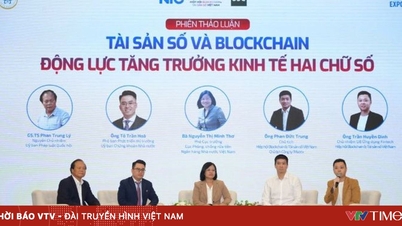
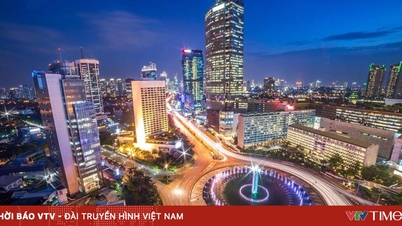

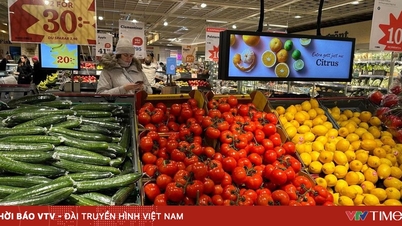




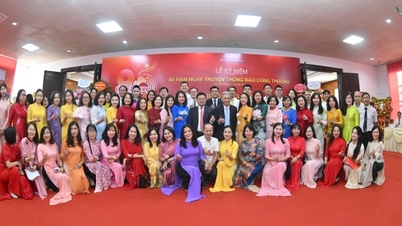


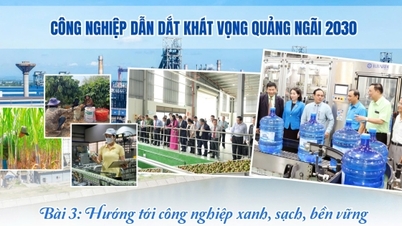
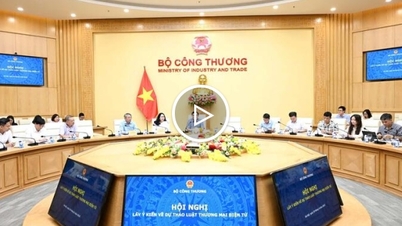













































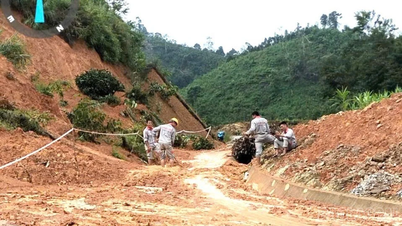

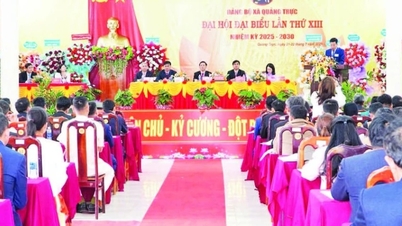



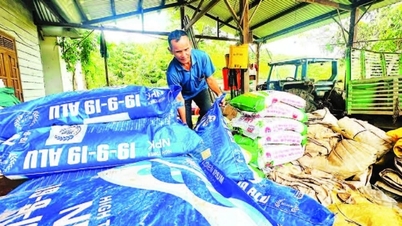
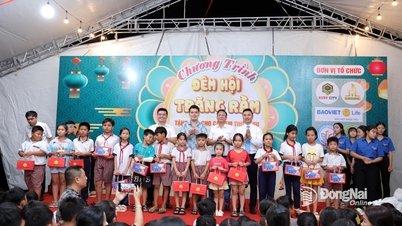













Comment (0)